McLaren's lacklustre 2015 season continued on Friday at Monza, with Jenson Button and Fernando Alonso languishing at the rear of the field. With the duo also facing grid penalties, McLaren are braced for another painful weekend. It's not all doom and gloom though - find solutions to hybrid issues, says racing director Eric Boullier, and the rest will follow...
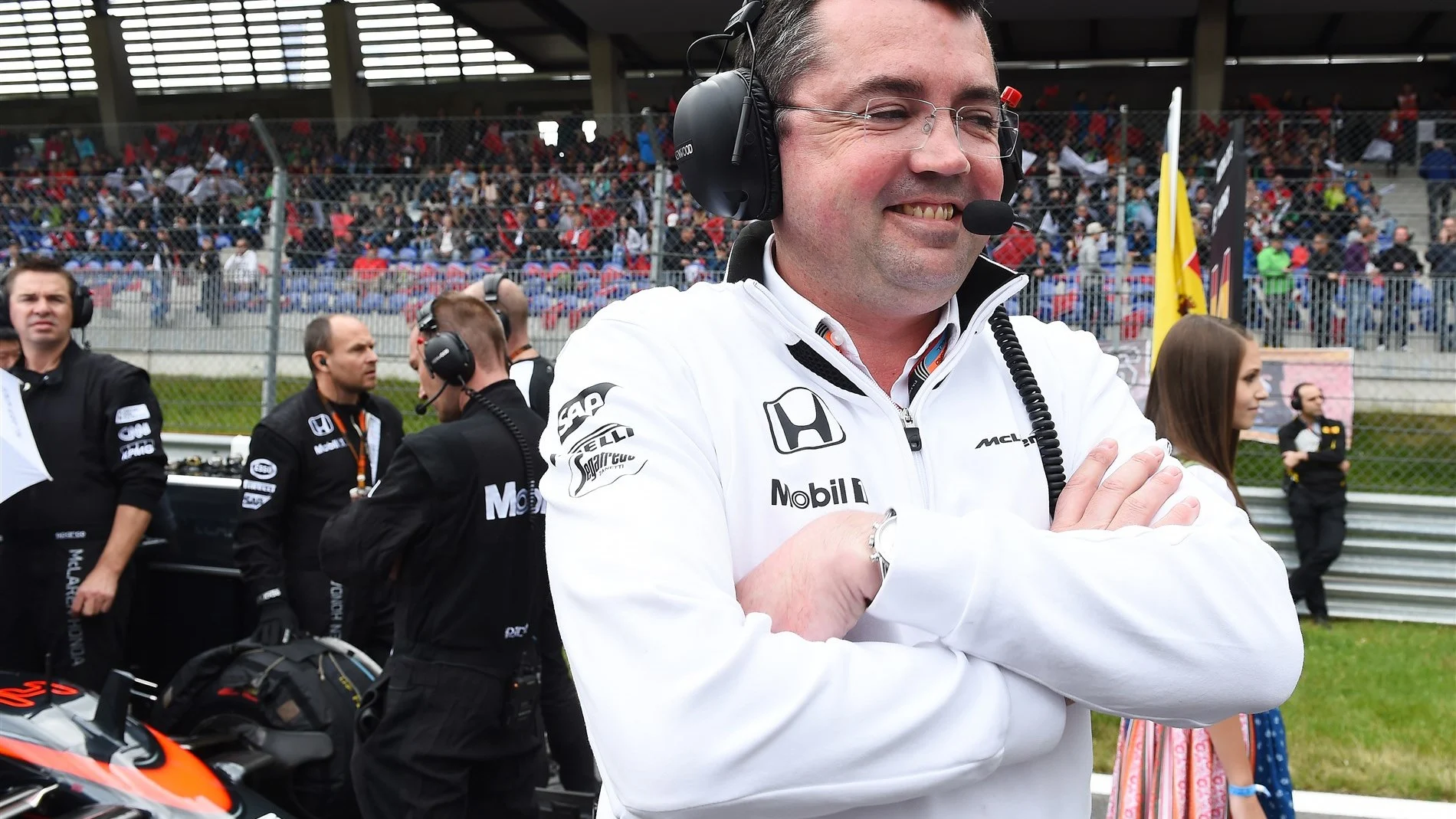
We [McLaren and Honda] are very transparent with each other - and that is what we have to be to keep our people motivated, especially the drivers.
Q: Eric, very recently Honda's Arai-san said his company had underestimated the challenge of coming into F1 racing, and took responsibility for McLaren's struggles. That kind of self-incrimination is very unusual for the Japanese corporate culture. What can we read into that?
Eric Boullier: There is not too much to read to be honest. It is a simple fact that it took four years for Mercedes, Ferrari and Renault to develop their engine with this new technology - and only Mercedes got it right. These three engine manufacturers shifted their resources from V8s to this new technology, which means they had already an efficient organisation under Formula One conditions. Now take Honda: Honda decided to create a Formula One programme two and a half years ago and started from scratch. They have to go through the same processes and the same pain and same life cycle that Mercedes, Ferrari and Renault went through four years ago. If you put an engine in the back of a McLaren after two years there is obviously a logical lack of maturity.
Q: But that doesn't explain the 'mea culpa' words of Arai San - very brave words...
EB: ...yes, indeed very brave. That is part of our philosophy as one team. We are very transparent with each other. And that is what we have to be to keep our people motivated, especially the drivers. They need to know where we are - and they need to know where we're going. They need to trust this partnership. In that way you keep people motivated, even if it is frustrating.
Q: What about Honda's statement that they are around 24 horsepower ahead of Renault?
EB: It was Arai-san's statement so he is the one to say how he came to this conclusion. But in fact with this hybrid engine it is not so easy to say. On the ICE the engine is not too bad, but on the hybrid part we can't deploy and use the electrical power as much as we want. And every time you can't, it means 150 horsepower less. That's what hurts us most.
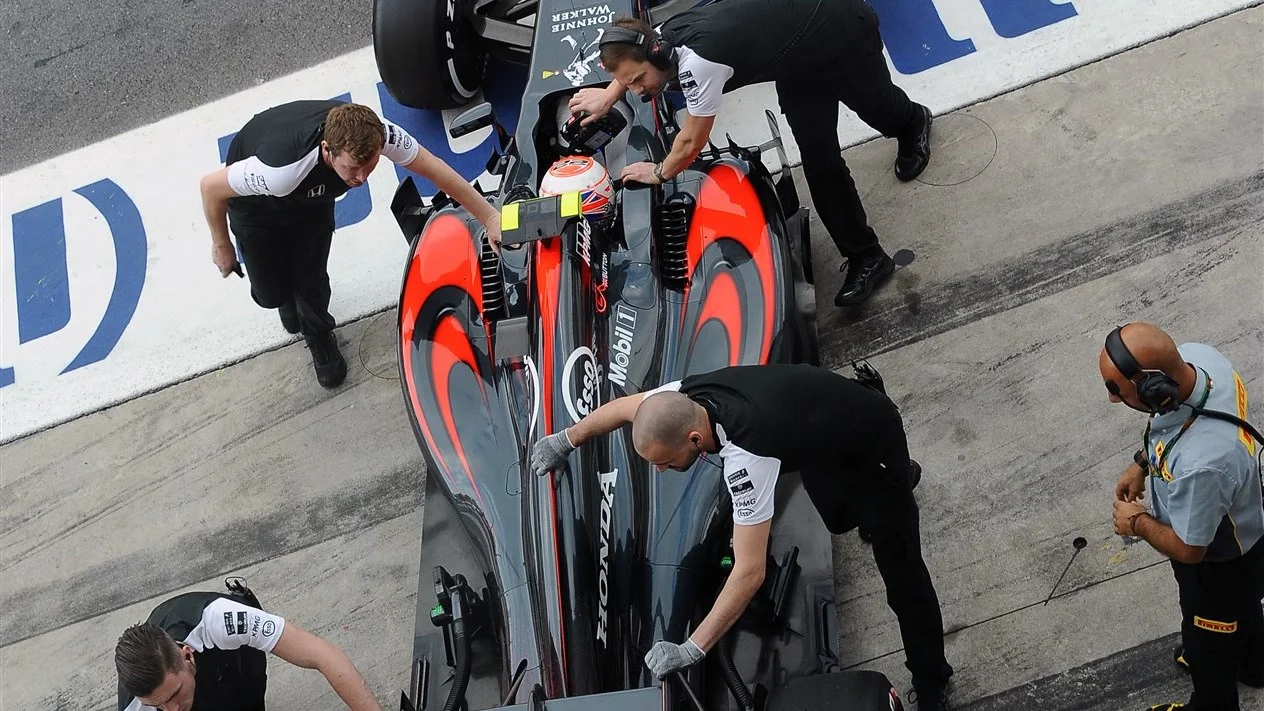
The engine is not too bad - the hybrid side is what hurts us most.
Q: You are overwhelmed with penalties and therefore basically start from the back of the grid at almost every race. That makes it so hard to see if you have made a step forward - have you?
EB: Every race we bring aero and even mechanical upgrades, so the chassis is improving at every race. Our development rate is quite impressive - we started from scratch with this car as we opted for a new car concept, whereas we are racing against teams that have developed their concepts for two, three, or four years. We - chassis and engine - have made a big step forward on the reliability side, which of course is still not perfect. We have used the first [engine development] tokens at Silverstone and Spa and clearly saw performance progress. We are getting there! Yes, reliability hurts us - and also hurts us in terms of the fans understanding where we are. At tracks like Spa or Monza we have to use these 'jokers' - because we know we won't be competitive anyway - to 'protect' the few races where we know we can be competitive. So obviously it is not planned to have any penalties in Singapore as we believe we can score points there. So to all the fans: don't quail, we are making progress!
Q: There is a saying that when things are bad, something has to change before it can get better. What could that be?
EB: Only time. Time is a big healer - and differentiator.
Q: Have the planned 2017 changes put you on the back foot? In mid-2016, you will already have to look at something very different... Or is that a chance you are banking on - going straight from 2015 to 2017?
EB: No, because 2016 is an evolution for us, so it will be quite easy to decide about the strategy. And everything that we bring to the car now must be transferable to the 2016 car. But of course at some time we will also switch resources like everybody else. And the McLaren organisation will at least be strong and back to its best to take the challenge in 2017.
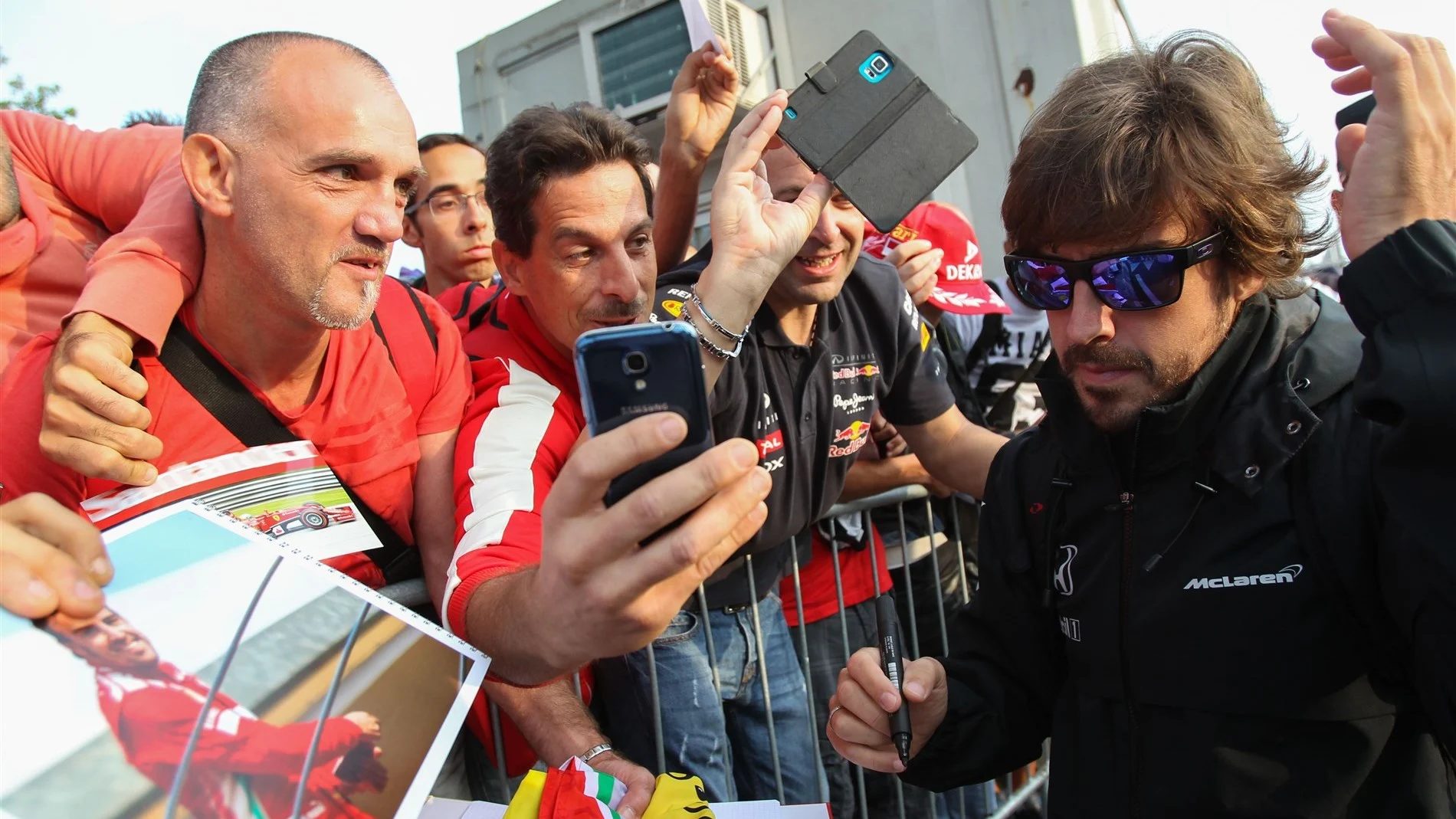
All I can say is that [Alonso] will be with us for many years!
Q: Is McLaren banking on the 2017 changes? To pull off the same thing Mercedes did with the 2014 changes?
EB: No, because 2017 is more about chassis regulations than engine regulations. And with these hybrid engines if you get it wrong you can be seconds slower, not tenths. But 2017 could be the end of the cycle for some teams, which would mean that it is something of a rest for everybody - which is good for the sport.
Q: That undertone suggests that you will start very early with your 2017 car…
EB: Ha, I'm not saying anything about this! (laughs)
Q: In Spa, Fernando (Alonso) paid a visit to Red Bull. Maybe it was very innocent, but it was also quite unusual. Does he have any sort of an exit clause in his contract?
EB: This is confidential information. All I can say is that he will be with us for many years.
Q: So let's not look too far into the future: what about right here, right now at Monza? Will the high-speed track give you a hard time?
EB: We are over this now. When you deliberately choose a race weekend for penalties you don't dream about the big points. We are here to do our best and use the opportunity to learn from the Monza layout - and simply get more mileage. And we want to leave the track with the feeling that we have improved.
Q: Have you targeted any other circuits for penalties - and conversely do you have any where you expect to do well?
EB: Singapore we should do well - the more twisty the track the better for us. After that it gets difficult to choose a 'penalty' track. For sure not Suzuka - we will definitely try to avoid that!
Next Up
Related Articles
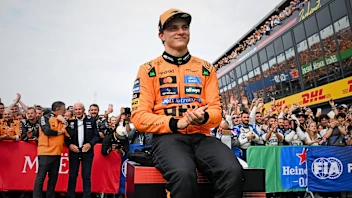 Hinchcliffe'History shows Piastri will be even better in 2026'
Hinchcliffe'History shows Piastri will be even better in 2026' End Of Year Reports 2025Williams’ best and worst moments from 2025
End Of Year Reports 2025Williams’ best and worst moments from 2025.webp) End Of Year Reports 2025Alpine’s best and worst moments from 2025
End Of Year Reports 2025Alpine’s best and worst moments from 2025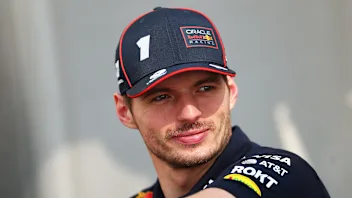 Verstappen reflects on Mercedes talks and F1 future
Verstappen reflects on Mercedes talks and F1 future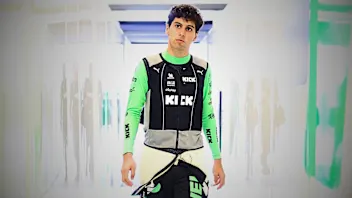 ExclusiveBortoleto on his rookie year and Audi excitement
ExclusiveBortoleto on his rookie year and Audi excitement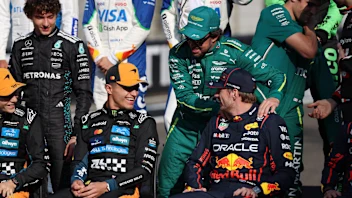 ExclusiveThe F1 team bosses choose their top 10 drivers of 2025
ExclusiveThe F1 team bosses choose their top 10 drivers of 2025